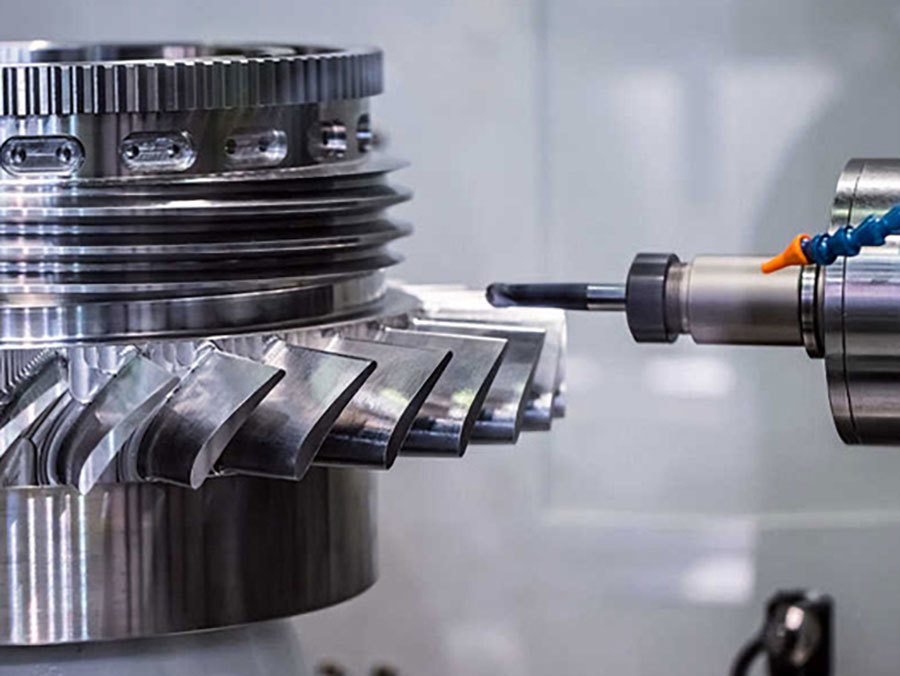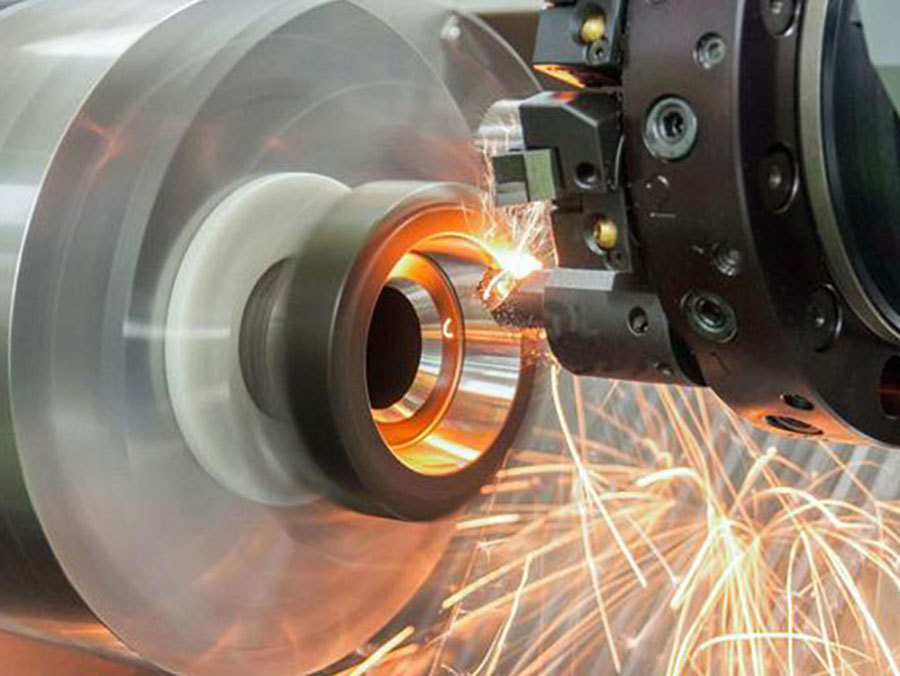Domestic demand has a strong support for the manufacturing industry to stabilize the foundation
Release time:
Dec 12,2018
On November 30, the Bureau of Statistics Service Industry Survey Center and the Federation of Logistics and Purchasing released the Purchasing Managers Index. In November, the manufacturing purchasing managers' index (PMI) was 50.0 per cent, down 0.2 percentage points from the previous month and at a critical point, while the non-manufacturing business activity index was 53.4 per cent, down 0.5 percentage points from the previous month.
Experts said that the current decline in the manufacturing PMI is mainly affected by short-term seasonal factors, and the later trend of the manufacturing industry still has a stable foundation. The non-manufacturing industry should focus on strengthening the power base and demand base for the rapid development of the non-manufacturing industry in order to better play its fundamental role in stabilizing growth.
The manufacturing boom has fallen, but the structure continues to improve.
In November, the manufacturing PMI was 50.0, a slight drop of 0.2 percentage points from the previous month, at a critical point, setting a new low since July 2016.
So far this year, the manufacturing PMI has rebounded from a low of 50.3 per cent in February and rose to 51.9 per cent in May. Since then, the manufacturing PMI has fluctuated downward, hitting a new low this year in November.
From the perspective of the 13 sub-indexes, compared with the previous month, the new export order index, finished product inventory index, raw material inventory index, employee index and supplier index increased, the backlog order index remained the same as the previous month, and the remaining 7 indexes All declined.
Zhao Qinghe, a statistician at the Service Industry Survey Center of the Bureau of Statistics, said that in November, the manufacturing production index was 51.9, a slight decrease of 0.1 percentage points from the previous month, and continued to be in the boom range. However, demand expansion has slowed, with the new orders index at 50.4 per cent, down from 0.4 percentage points last month and above the threshold, indicating a slowdown in the growth of corporate product orders.
Affected by the recent decline in some commodity prices and other factors, the purchase price index and ex-factory price index of major raw materials both fell to their lows during the year, at 50.3 per cent and 46.4 per cent, respectively, down 7.7 and 5.6 percentage points from the previous month. In particular, the ex-factory price index fell below the critical point. Among them, the ex-factory price index of petroleum processing, chemical raw materials and chemical products, ferrous metal smelting and rolling processing industries fell sharply.
"Although the manufacturing PMI is at a critical point, most industries are in the expansion range." Zhao Qinghe analyzed that in November, the PMI of manufacturing industries such as food and wine and beverage refined tea, textiles and clothing, medicine, railway, ship, aerospace equipment, and electrical machinery and equipment was at a relatively high operating level of 52.0 percent and above. Affected by factors such as increased environmental governance during the heating season in some areas, the PMI of high-energy-consuming industries dropped to 48.4, of which petroleum processing, chemical raw materials and chemicals, ferrous metal smelting and rolling processing, non-ferrous metal smelting and rolling processing and other manufacturing industries PMI are in the contraction range, and lower than the overall level of the manufacturing industry.






